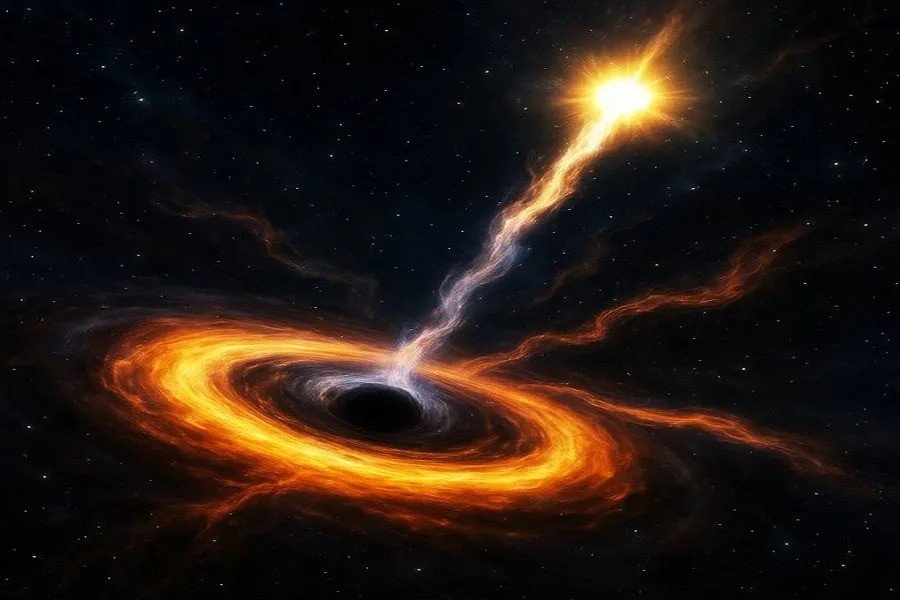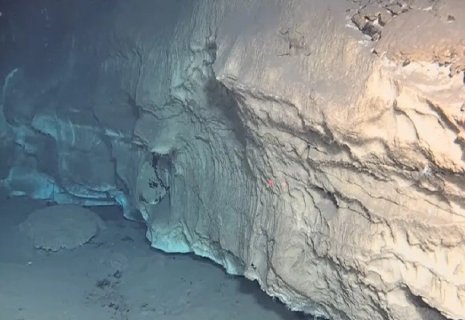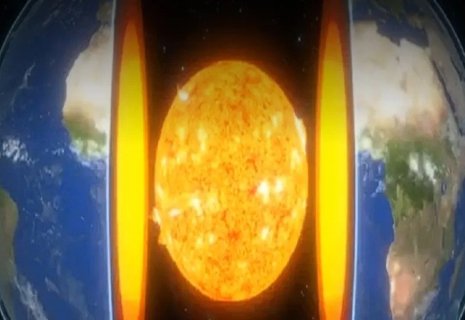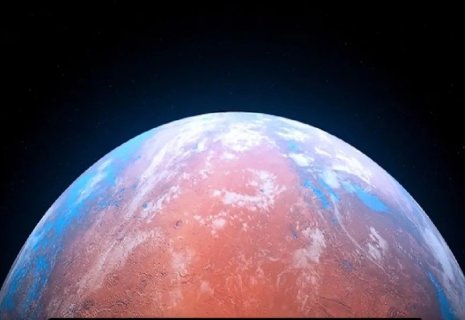
Giant Exoplanets Could Hide Dark Matter Black Holes
Giant planets outside our Solar System may hold the key to solving one of the universe’s biggest mysteries—dark matter, CE Report quotes Kosova Press.
According to a new study reported by Science Alert (via KosovaPress), a specific model of dark matter could lead to its accumulation in the cores of giant planets, eventually causing them to collapse into small black holes that would consume the planet from within.
Discovering such a planet-mass black hole would confirm the existence of a heavy, non-annihilating form of dark matter, potentially opening a new chapter in astrophysics.
Astrophysicist Mehrdad Phoroutan-Mehr from the University of California, Riverside, explains:
“If dark matter particles are heavy enough and don’t annihilate each other, they could collapse into a small black hole—one that would grow and eventually consume the entire planet.”
Dark matter is an invisible substance believed to make up around 85% of all matter in the universe. While it cannot be directly observed, its gravitational effects on visible matter are well documented.
The study suggests that super-heavy dark matter particles, if captured by the gravity of massive exoplanets, would gradually lose energy and sink into planetary cores. Over time, this would lead to the formation of tiny black holes, which could multiply over the planet’s lifespan.
These findings imply that exoplanet studies may be used to detect signs of supermassive dark matter, especially in dark matter-rich regions like the center of the Milky Way.
Phoroutan-Mehr concludes:
“If astronomers discovered a population of planet-sized black holes, it could be compelling evidence supporting the super-heavy, non-annihilating dark matter model.”
As space observation technology advances, detecting such planet-mass black holes may become possible in the near future.
























